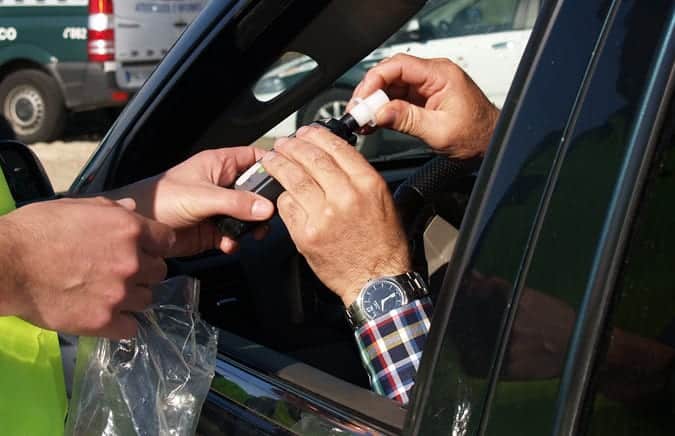
Are Extra Damages for DUI Victims?
Many of our clients come to us having been hurt by someone who was driving under the influence of alcohol. When the insurance company concedes fault and engages in negotiations to determine the appropriate amount of damages, clients often expect some additional amount for the irresponsible conduct of the defendant driver. They are frustrated to learn that in most cases, driving under the influence alone does not provide a legal basis for an award of damages beyond compensatory damages – the specific compensation for medical expenses, lost wages, pain and suffering, etc.
Damage awards designed to punish the defendant are called punitive or exemplary damages. We often hear about punitive damages in the news, but they are seldom permitted by courts and are reserved for defendants whose conduct “shocks the conscience” or demonstrates “a conscious and reckless disregard for life and limb.” For most of the 20th century in Virginia it was nearly impossible to obtain punitive damages against a driver operating a vehicle under the influence and causing an injury. The members of the Virginia Supreme Court in those days just never saw fit to find drunk driving sufficiently offensive to warrant punitive damages.
Frustrated by the law and motivated by public outcry, the Virginia legislature passed a statute in 1994 addressing drunk drivers. It provides for the award of punitive damages in any case where a driver:
a). has a Blood Alcohol Concentration (BAC) of .15 or greater (the legal limit in Virginia is .08) and
b). during the time they were drinking or driving they knew or should have known that their ability to drive was impaired.
Since 1994 there have been numerous awards of punitive damages by juries and even more settlements with insurance companies that include the potential of a punitive damage award when evaluating the claim.
Most legal and insurance practitioners on both sides of the equation would agree that punitive damage awards have been highly unpredictable in amount. The absence of consistency makes it difficult to point to any sort of formula or guidance as to amount (unlike calculations for degree of impairment), which makes for widely disparate viewpoints in negotiations.
All cases are unique, but in general, we advise our clients, whether it is in Winchester, Hopewell, or Herndon not to expect punitive damages in a drunk driving accident unless the driver’s BAC was .15 or more and they should have known they were impaired.